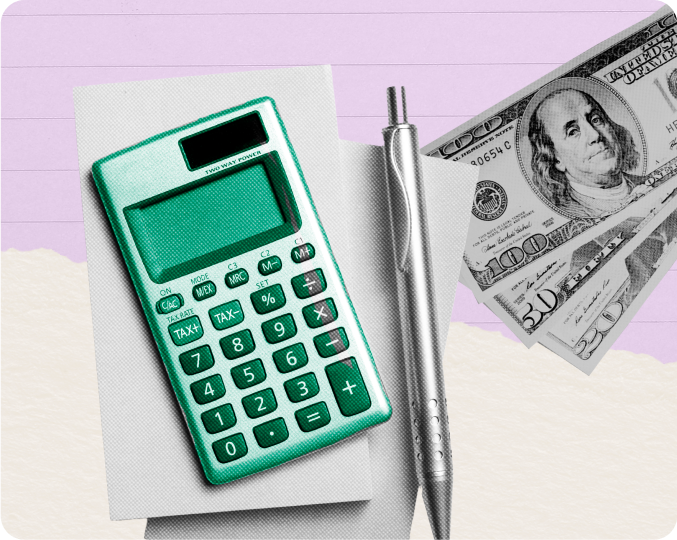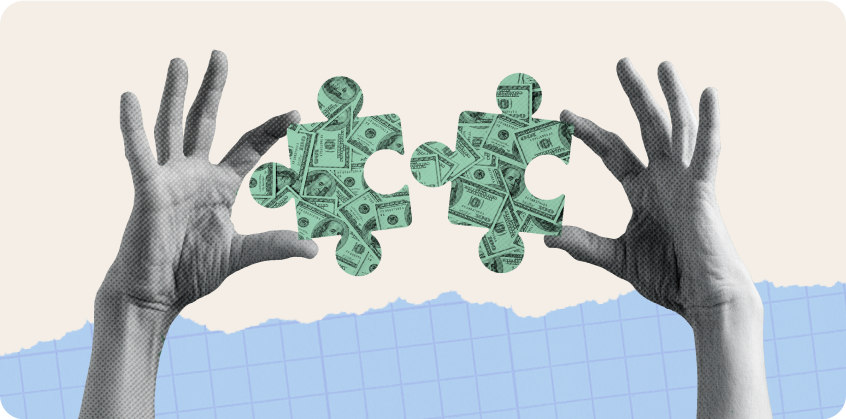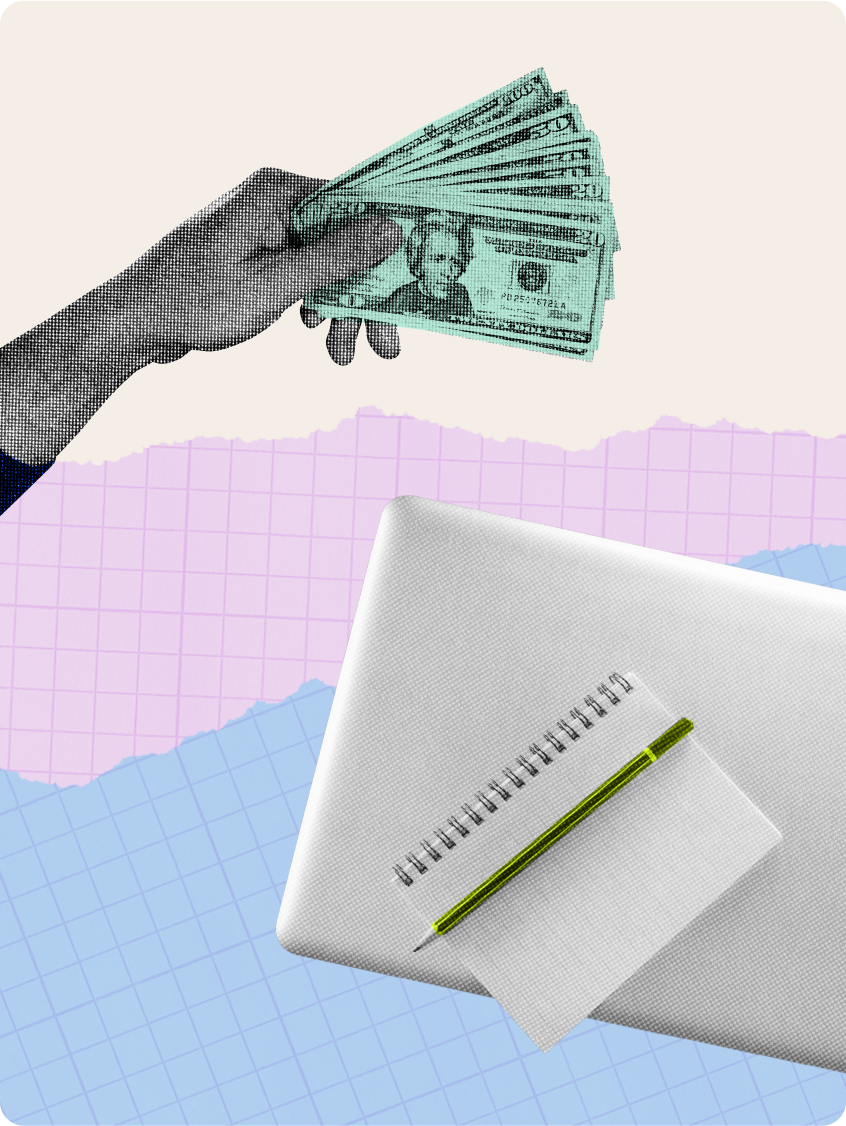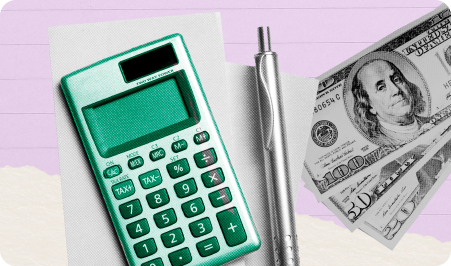
 ADDITIONAL SERVICES AVAILABLE
ADDITIONAL SERVICES AVAILABLE SPECIALIZES IN LARGER DEBTS
SPECIALIZES IN LARGER DEBTS• Has multiple accreditations
 MAY REFUND FEES
MAY REFUND FEES

Debt relief companies negotiate on your behalf to change the terms or amount of your debt so you can get back on your feet more quickly. This is sometimes called “debt settlement.” Debt relief programs are not the right solution for everyone, and it’s important to understand their potential risks. Success is not guaranteed, and your credit score could take a hit.
For anyone overwhelmed by debt, these are the biggest “don’ts” according to the Nerds.

Debt settlement is a last resort for those who face overwhelming debt but cannot qualify for bankruptcy or simply don't want to file bankruptcy.
Companies that offer debt settlement services typically ask you to stop paying the debts you enroll in the plan and instead put the money in an escrow account. Each creditor is approached as the money accumulates in your account and you fall further behind on payments. The debt relief company then negotiates with the creditor to accept a smaller lump-sum offer and agree not to pursue you for the rest.
You could end up owing more: Beware that you could end up with debts that are even bigger than when you started, according to the Consumer Financial Protection Bureau. Late fees, interest, and other charges related to credit card debt could make your debt balloon - because many debt settlement companies will ask you to stop making debt payments to try to sway creditors into negotiating.
Creditors can still try to collect from you: Not paying your bills can result in collections calls, penalty fees and, potentially, legal action against you. Lawsuits can lead to wage garnishments and property liens. Debt settlement won't stop any of that while you're still negotiating, and it can take months for settlement offers to begin.
Reduced credit score: Your credit score could take a hit while you are not making payments.
Depending on how much you owe, it could take several years to resolve your case. The typical timeframe for these companies is two to four years.
No. Debt consolidation is something you do on your own and is not the same thing as using a debt settlement via a debt relief company.

